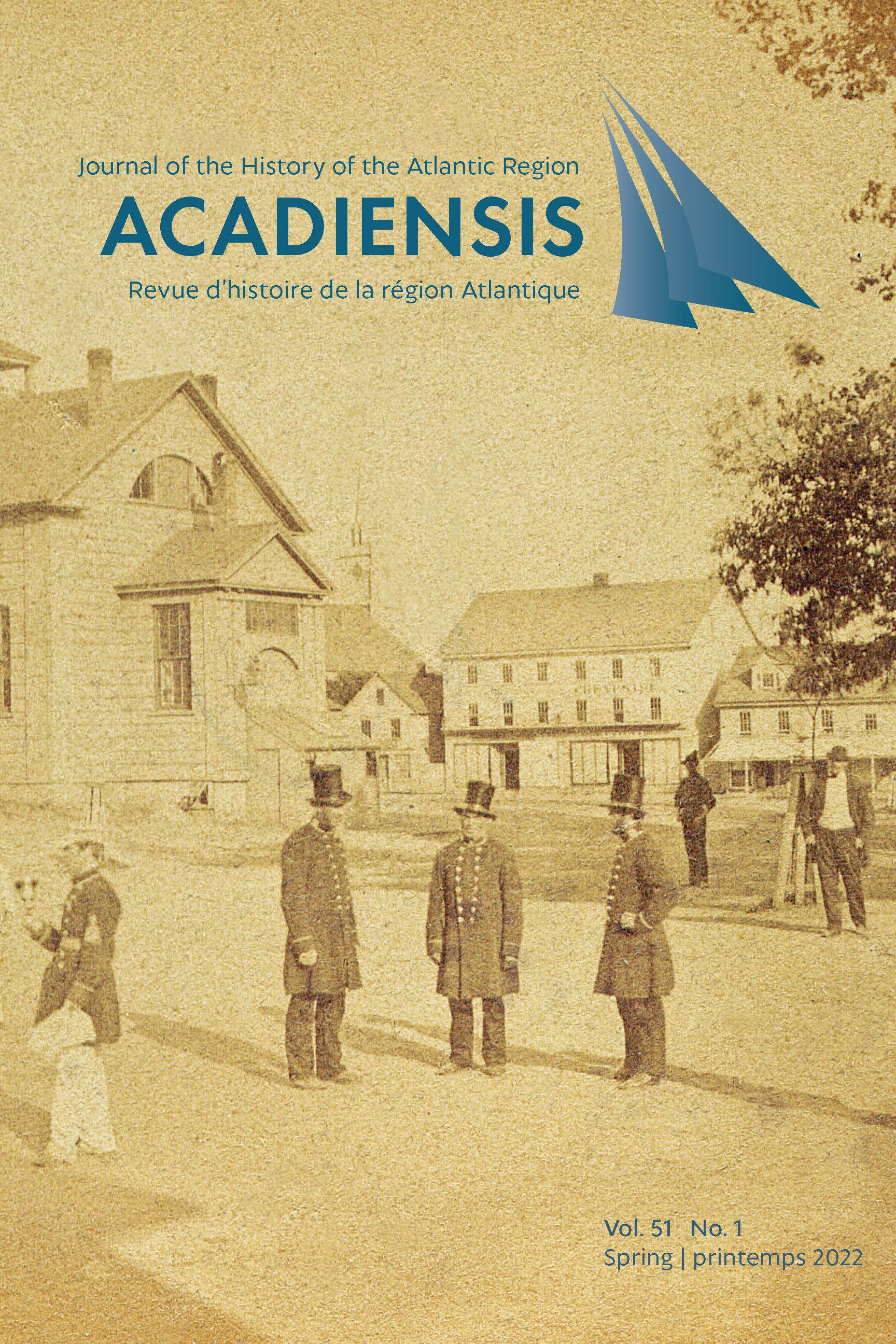Abstract
The Complainte de Louisbourg, collected from oral tradition around Chéticamp, is often considered a local Acadian composition evoking the capitulation of Louisbourg in the 18th century. Based on the analysis of various known versions of this ballad, this article challenges this idea by arguing that it was inspired by an earlier song circulating in Europe about the siege of the German city of Philippsbourg. Beyond the case of Louisbourg, the article examines the multiple variations of siege songs, their role in the elaboration of shared military cultures, and the memorial legacy they have left in the francophone oral tradition.
Copyright for articles published in this journal is retained by the author(s), with Acadiensis being granted a non-exclusive licence to each and every right in the work throughout the world. After publication of the work, the author(s) shall have the right to self-archive the work and to reprint the work in whole or in part in books authored by or edited by the author(s) without the payment of any fee. In these other formats, however, the author or authors are required to acknowledge the original publication of the work in the pages of the journal. In the case of any requests to reprint the work, Acadiensis will require a standard permission fee -- to be divided equally between the journal and the author. In the event that such requests are received by the author(s), the author(s) shall direct such requests to the journal.

